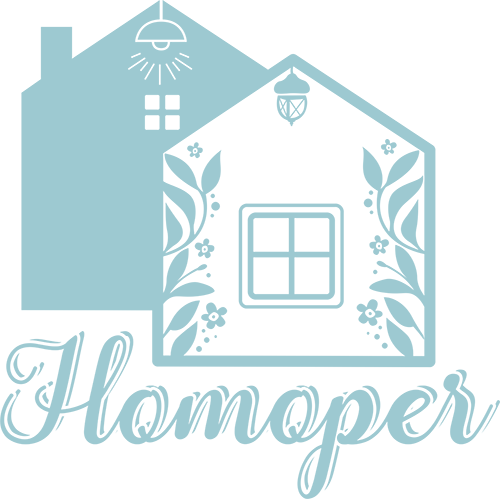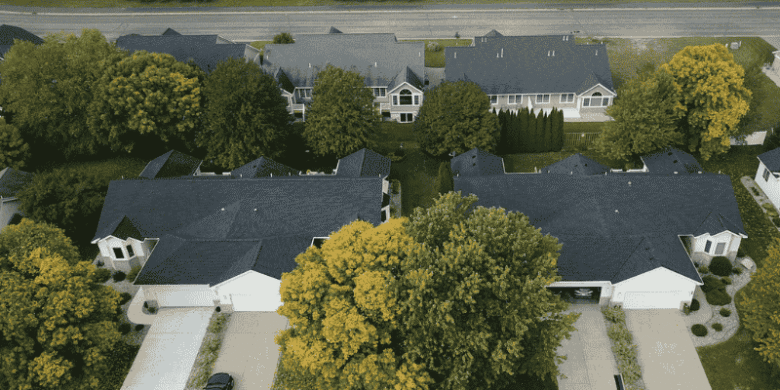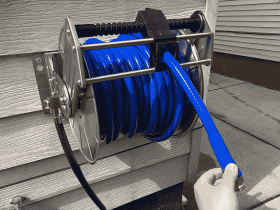Think of your roof as your home’s crown — it protects, impresses and quietly dictates value. When it starts to show wear, replacing it isn’t just a repair decision — it’s a financial one. A new roof can boost curb appeal and resale value, but how do you know if it’s truly worth the investment? It’s important to consider the real numbers behind roofing ROI, from cost breakdowns to hidden perks that extend beyond the calculator, before making a decision.
Read more :
- The Importance of Roofing in Interior Designing
- 4 Types of Residential Roofs the Best Roofing Companies Are Able to Service in San Diego
- 5 Signs It’s Time to Replace Your Roof – And What to Do Next
- How To Choose The Best Roofing Materials When Building A Roof
- Roofing Contractor Vs. Handyman: Which Should You Trust To Work On Your Roof?
1. Why Homeowners Invest
A new roof might not be as flashy as a kitchen remodel or an outdoor living space, but it’s often the smartest long-term upgrade a homeowner can make. Beyond protecting what’s inside, a new roof instantly boosts curb appeal. Designers and decorators know this is crucial when creating that first impression.
Homeowners are also drawn to modern roofing for practical reasons. Updated materials improve insulation, reduce noise and can even make homes more energy-efficient. Additionally, a clean, updated roof signals to potential buyers that the home has been well-maintained. That peace of mind can translate directly into a higher resale value.
2. Breaking Down the Costs
Replacing a roof is no small expense, but understanding the cost breakdown helps you see where your investment is going. Most homeowners spend between $5,000 and $15,000, depending on the roof’s size, pitch and the type of materials used. Asphalt shingles are the most common and affordable option, while premium choices like metal, clay or slate add longevity and style at a higher price point.
You’ll also need to account for labor, tear-off, disposal and underlayment, which can make up 40%-60% of the total bill. Before committing, it’s worth scheduling a professional inspection, which can cost homeowners $220 on average. Knowing your roof’s true condition helps determine whether you’re facing a replacement or if a few targeted repairs could do the trick.
3. ROI Breakdown
When considering the cost of a new roof, it’s beneficial to view it as both a design enhancement and a financial strategy. According to national averages, homeowners can expect to recoup about 60%-70% of their investment when selling. However, the real ROI often extends beyond the numbers.
A freshly replaced roof makes a home more marketable, especially in competitive neighborhoods. Buyers are more likely to pay the full asking price when they know a major expense has already been handled. Add to that the hidden perks, including lower energy bills, better insulation and a polished exterior finish, and the value compounds over time. For home designers and decorators, it’s a renovation that blends aesthetics with sound investment sense.
4. The Hidden Payoffs
A new roof does more than boost curb appeal — it also transforms how a home feels and functions. Modern roofing materials are designed to regulate temperature more effectively, resulting in fewer hot spots in the summer and reduced heat loss in winter. That translates to real savings on energy bills and a more comfortable living space throughout the year.
From a design perspective, roofs now come in a range of textures, colors and finishes that can complement architectural styles beautifully. Consider matte black metal for a minimalist edge, terra-cotta tiles for a Mediterranean warmth or light-colored shingles that reflect sunlight for a fresh, coastal feel. It’s one of those rare upgrades that’s equal parts beauty and brains.
5. When Repair Might Be the Better Option
A full replacement isn’t always the only route to a safer, prettier home. If your roof’s structure and underlayment are still sound, targeted repairs may be the smarter and more cost-effective choice. Strategic fixes, such as patching damaged shingles or reinforcing flashing, can extend a roof’s life by several years.
For design professionals, this is where subtlety matters. Repairs don’t have to look piecemeal — you can blend new materials seamlessly with old ones to maintain the home’s character. This approach preserves visual harmony while saving the homeowner from unnecessary costs. Sometimes, the most sustainable design choice is simply working with what you already have.
How to Calculate ROI for Your Home
When it’s decision time, numbers tell only part of the story. Here’s a quick way to calculate the value of your roofing project — both financial and aesthetic:
- Start with a professional inspection.
- Get at least two quotes for repair and replacement to compare short- and long-term costs.
- Factor in resale potential. Homes with newer roofs often sell faster and above market value.
- Consider energy efficiency. Cooler, better-insulated homes appeal to eco-conscious buyers and have lower monthly bills.
- Weigh design impact. The right roof material can significantly alter a home’s aesthetic and enhance its curb appeal.
By balancing all five, you’ll get a realistic picture of what your investment is worth in both cash and comfort.
Raise the Roof Value
A roof replacement isn’t just about keeping out the rain. It raises your home’s style, comfort and market potential all at once. Whether you’re upgrading for resale or simply craving a refreshed look, investing wisely can pay off in more ways than one.
So before you climb the ladder, run the numbers, trust the professionals and remember the right roof doesn’t just shelter your home — it showcases it.











Leave a Review